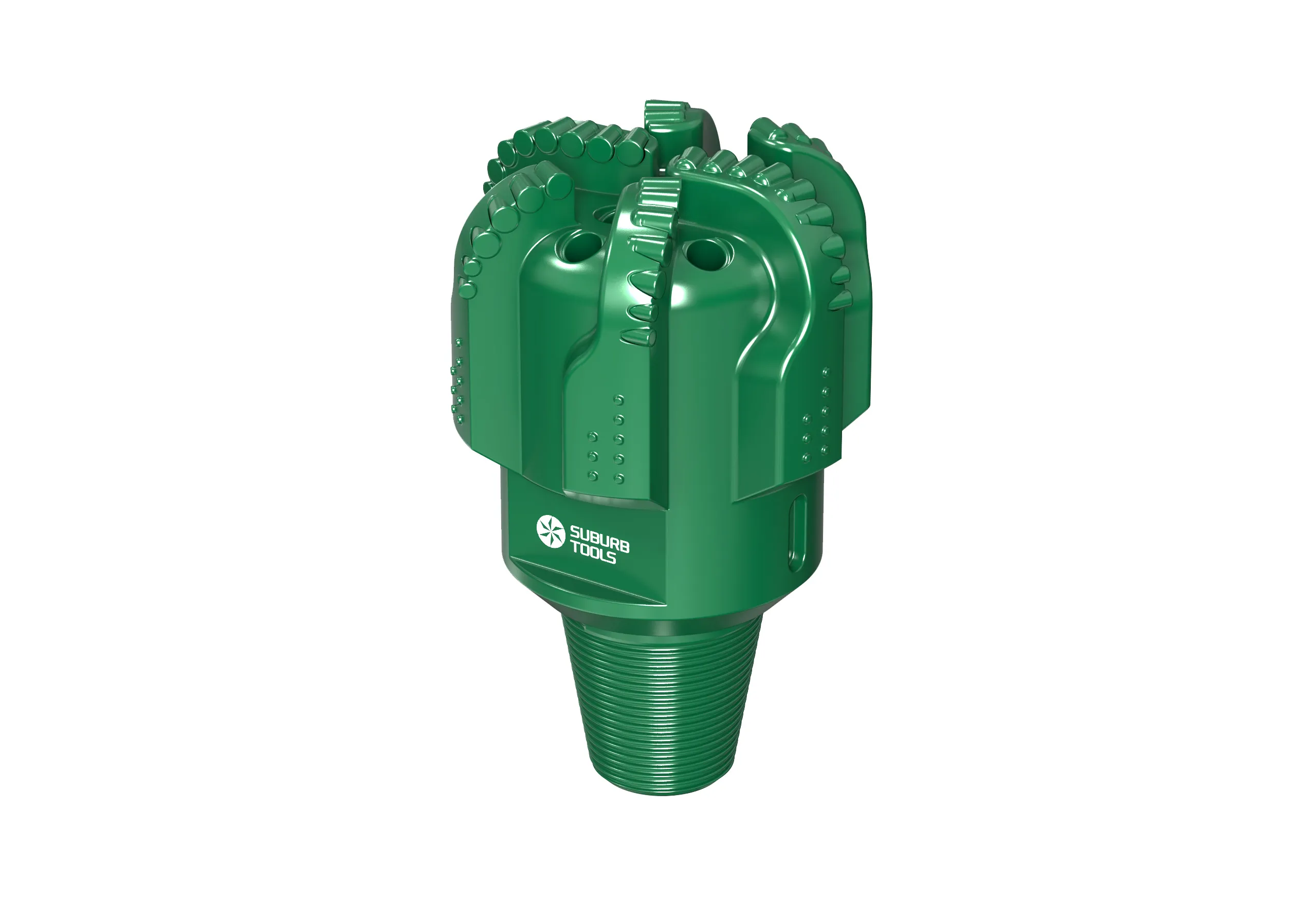
Drill bits are used in coal mining exploitation. They help to cut through the rock and other materials found deep underground so that miners can access the valuable resources contained within them. The right drill bit can make all the difference when it comes to safely extracting these resources at a reasonable cost while also protecting the environment from undue harm. Because the cutting performance of the diamond bit is relatively good, when the PDC Bits is selected as a coal drilling tool, it can drill at high speed and can also expand the drilling depth to a certain extent.
The drill bit is the main part of drilling equipment, and its main function is to break the rock and form the borehole. The drill bit is one of the main drilling equipment, and the size and shape of the drill bit should be different according to the working environment and regional environment. When drilling coal wells, the drill bit should be selected reasonably and scientifically based on specific needs and specific design plans. In the specific drilling work of scientific selection of drill bits, reasonable determination of drilling fluid, so as to improve the efficiency and quality of coal drilling, so that coal drilling can better play its own value, to promote the development of the coal industry to make certain contributions.
Here are some common types of mining drill bits:
1. PDC Bits (Polycrystalline Diamond Compact Bits)
Functionality: PDC bits are widely used in hard rock drilling. These bits use synthetic diamond cutters that are highly wear-resistant, making them ideal for drilling in abrasive formations.
Advantages: Extremely durable, excellent performance in both soft and hard formations, reduced drilling costs due to longer bit life.
2. Tricone Bits
Functionality: These tricone bits have three rotating cones, each with teeth designed to crush and grind the rock. The teeth can either be milled steel or tungsten carbide inserts, depending on the type of formation.
Advantages: Versatile and effective across various formations, from soft to hard rock. Provides good penetration rates and is more flexible than fixed cutter bits.
3. Drag Bits
Functionality: Drag bits, also known as blade bits, have fixed blades that shear the rock through continuous scraping. These are simple in design and best suited for softer formations.
Advantages: Low cost, efficient for soft rock, and suitable for shallow drilling operations.
4. Diamond Core Bits
Functionality: These bits use diamond as the cutting material and are primarily used in core drilling. They cut a cylindrical core out of the rock, which can then be analyzed to determine the properties of the formation.
Advantages: Capable of drilling extremely hard formations, provides high-quality core samples, essential for geological surveys and mineral exploration.
5. Roller Cone Bits
Functionality: Similar to tricone bits but can also come in two-cone designs. These bits rotate, and their rolling action helps break the rock by crushing and shearing.
Advantages: Versatile, suitable for varying types of formations, ranging from soft to hard rock, and typically offers a longer lifespan than drag bits.
In the process of coal mine drilling, the drill bit is the main tool to break the rock, and the borehole is formed by breaking the rock with the drill bit. The formation of a borehole and the length of time it takes are not only related to the characteristics of the rocks in the formation being drilled and the performance of the drill bit itself, but also to the degree of mutual matching between the drill bit and the formation. The reasonable selection of drill bits plays an important role in improving the drilling speed and reducing the overall cost of drilling. It plays a very important role in the selection of drilling process, especially it has a great influence on the drilling quality, drilling speed and drilling cost.
As one of the professional PDC drill bits manufacturers, we provide high-quality mining drill bits, drill bit for water well, tooth bit, PDC cutters, etc. Contact us for more detail.
